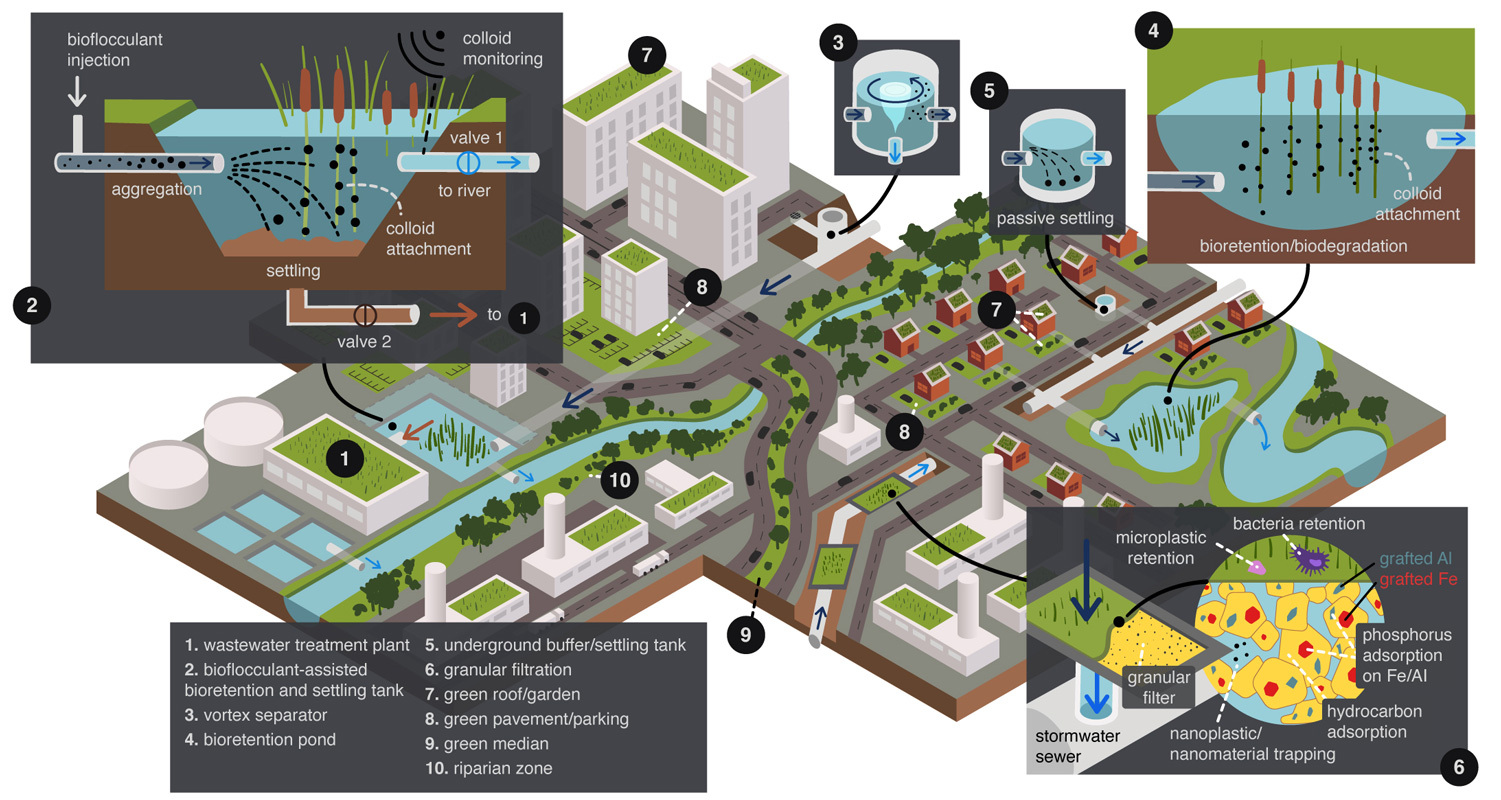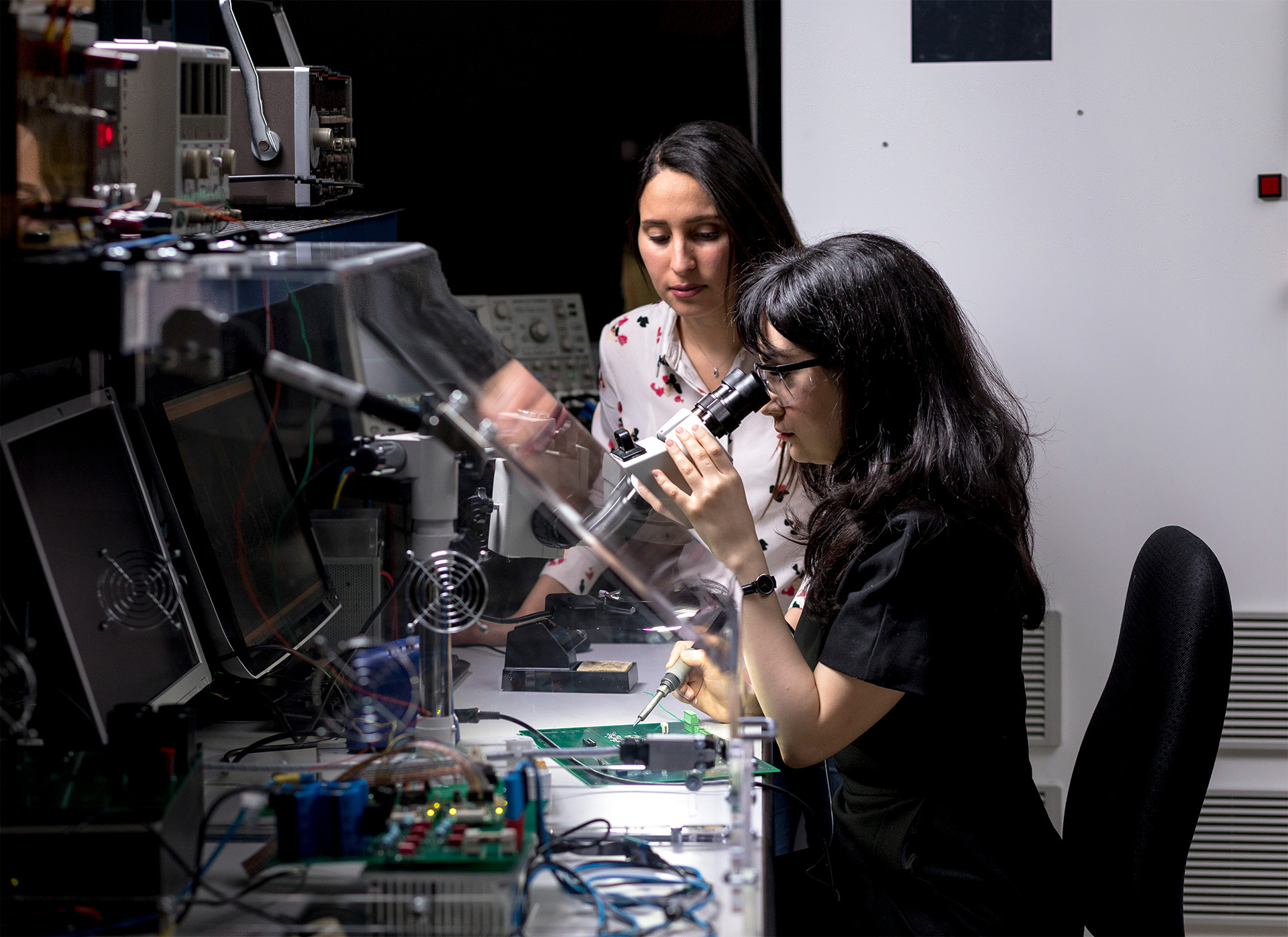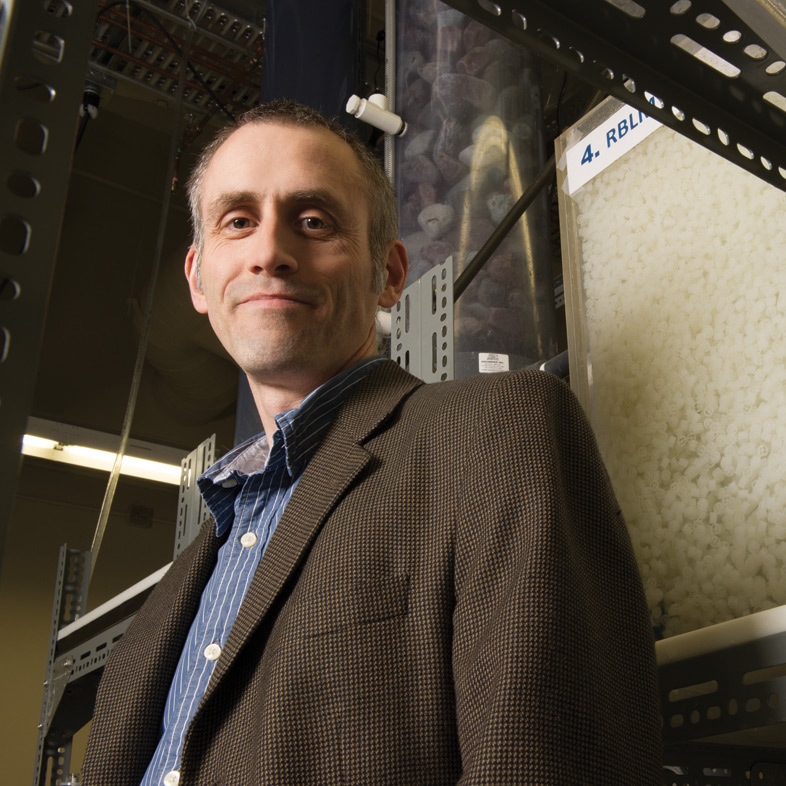Water Engineering and Environmental Processes Laboratory
About the lab
The Water Engineering and Environmental Processes Laboratory (LGEPE) draws on the expertise of nine ÉTS faculty members, one research associate and more than 60 graduate students.
The lab’s research mission includes reducing the environmental impact of human activities on natural waters, drinking water sources, soil and air. Research results are obtained in collaboration with various Canadian industry partners and municipalities, as well as Ministère de l’Environnement, de la Lutte contre les changements climatiques, de la Faune et des Parcs (MELCCFP) and Ministère de l’Agriculture, des Pêcheries et de l’Alimentation (MAPAQ).
The lab and its members are helping position ÉTS as a world leader in water management and treatment, water resource protection, sustainable materials and environmental processes.
Areas of research
- Water management
- Municipal water treatment
- Drinking water supply
- Drinking water production
- Industrial water treatment
- Emerging contaminants
- Waste reclamation
- Environmental information management
- Clean procedures and processes
- Resource recovery
- Water transport in porous media
- Environmental biotechnology
- Fluvial hydraulics
- Sediment transport
- Coastal and shoreline erosion
- Bank filtration
- Sustainable development
- Isotopic hydrology
- Environmental engineering
- Contaminated soil
- Contaminant transport
- Sludge treatment
- Solid waste management
- Functionalized materials
- Environmental nanotechnology
- Managed aquifer recharge
Passive solutions for the on-site management and treatment of urban runoff:

Our team
Research staff
- Luc Charbonneau, Ph.D., Research Associate
- Mathieu Verhille, M.A.Sc., Research Assistant

Introducing the director
Professor Mathieu Lapointe possesses expertise that is unique in Canada, combining core knowledge in the areas of environment, water management and public health.
Professor Lapointe’s work has spawned innovative technologies and been published in such prestigious journals as Nature Sustainability and Nature Water. Among these innovations are technologies that can more effectively intercept contaminants of emerging interest (e.g. microplastics, nanoplastics, PFAS) and help cities and agriculture adapt to climate change. In addition, his work has led to several patents.
Professor Lapointe also holds the AdapT Research Chair – Fonds de recherche du Québec. The water management–related research areas explored by the chair remain largely uncharted and demand significant innovations; there is an urgent need for highly qualified personnel (HQP) in cities, industry and the agricultural sector. Professor Lapointe’s research group is already a world leader in the field of water management. It has helped more than 30 cities across Canada meet the standards for drinking water production.
Contact us
Water Engineering and Environmental Processes Laboratory
Room A-2637
Email: mathieu.lapointe@etsmtl.ca

Research at ÉTS
ÉTS provides an ideal environment for conceiving and creating the ideas that will shape the world of the future.














